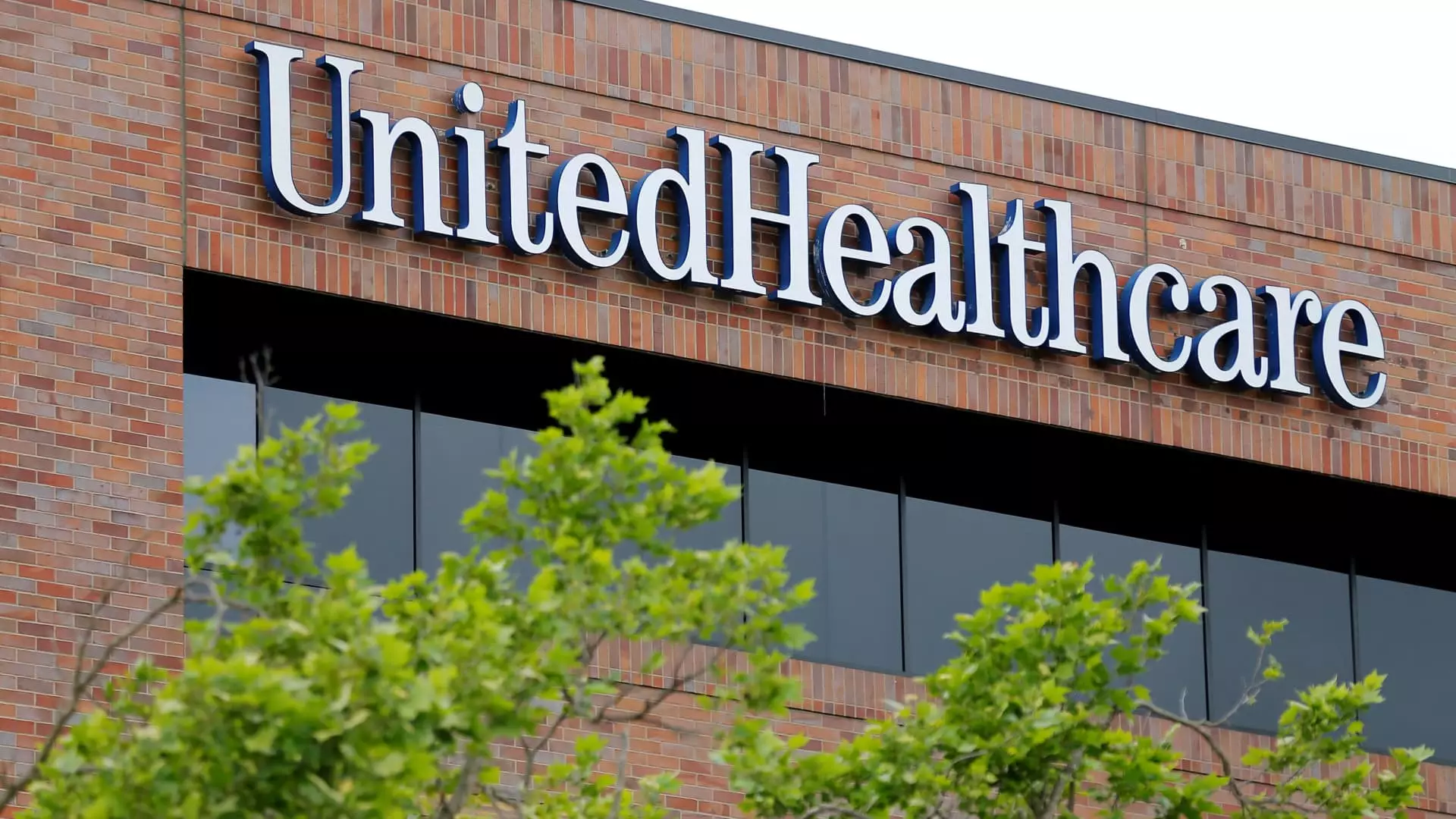UnitedHealthcare, a leading player in the American health insurance market and part of the conglomerate UnitedHealth Group, is currently entangled in a web of controversies and operational challenges. The last year has been particularly tumultuous, marked by significant events that have not only impacted the company’s stability but have also raised questions about its practices in the industry. This article delves into the recent investigations, employee restructuring, high-stakes confrontations, and the broader implications for stakeholders involved.
One of the most pressing issues facing UnitedHealthcare is the civil fraud investigation launched by the Department of Justice (DOJ) focusing on its Medicare billing practices. This inquiry has garnered considerable attention, particularly as it involves the sensitive Medicare Advantage plans—healthcare programs for seniors that allow for additional benefits outside of traditional Medicare. Reports indicate that the DOJ is examining whether the insurer potentially submitted inflated diagnoses to secure higher payments, an allegation that has surfaced repeatedly in discussions about Medicare reimbursements.
Past reports suggested that UnitedHealthcare received billions from Medicare for dubious diagnoses made on behalf of their insured. The gravity of these allegations cannot be overstated, as they threaten not only the credibility of an industry giant but also the trust of millions of Americans reliant on these health services. In response to these serious allegations, UnitedHealthcare vehemently denies any wrongdoing and has described the reporting surrounding the investigation as “misinformation.” They argue their compliance practices are among the best in the industry, but skepticism remains high among analysts and regulators alike.
The reaction of the financial markets following the reveal of the government probe has been swift and severe. Over a period of three months, shares in UnitedHealth Group plummeted by approximately 23%, with an immediate drop of 9% noted after the latest news surfaced. Investor sentiment is understandably shaken, as potential legal entanglements often signal risks of further financial liabilities.
While RBC Capital Markets’ analyst Ben Hendrix views the unfolding probe as an overhang that won’t impose immediate financial burdens, the uncertainty is palpable. The long-term implications of such investigations can hinder company performance, create reputational harm, and make collaboration with partners more complex in the health sector. However, this is not the only challenge contributing to the financial strain; ongoing high medical costs are also contributing to the pressure facing UnitedHealthcare’s profitability.
In the wake of these inquiries and market volatility, UnitedHealthcare is reportedly seeking to streamline its operations through employee buyouts and potential layoffs. The insurance giant has initiated buyouts as a strategy to reduce workforce size and optimize costs, while the prospect of layoffs looms if these voluntary resignations do not meet predetermined targets. This restructuring effort aims to leverage digital technologies to enhance efficiency and reduce overhead costs, but it also reflects the broader implications of fiscal tightening in an increasingly competitive healthcare environment.
These cost-cutting measures come at a time when employer morale may be particularly susceptible to fluctuations in corporate reputation, especially given the scrutiny stemming from the billing practices investigation. Employees might find themselves uneasy about job security, while simultaneously grappling with the perception of working for a company under intense public scrutiny.
The ongoing dispute extends beyond corporate restructuring, as high-profile investor Bill Ackman has publicly criticized UnitedHealthcare’s practices. His support for a Texas physician embroiled in a dispute with the insurer signals a significant public relations challenge for the company. After voicing his concerns on social media and offering to cover legal fees for the physician, Ackman faced pushback from UnitedHealthcare’s legal team, which labeled elements of the doctor’s claims as false.
This confrontation illustrates the heightened visibility and accountability that public figures can wield in healthcare discussions. Ackman’s call for regulatory scrutiny adds another dimension of pressure, as it not only reflects broader investor concern but also amplifies calls for reform within the insurance sector. The recent murder of former CEO Brian Thompson resonated deeply with the public, igniting further debate around healthcare access and insurance practices, which were already under fire.
Finally, amidst the controversies and investigations, UnitedHealthcare remains grappling with the aftermath of a significant cyberattack on its subsidiary, Change Healthcare. This breach has compromised sensitive data belonging to approximately 190 million individuals, leading to significant financial consequences. The estimated costs associated with remediating the damage have exceeded $3 billion, fundamentally impacting the company’s operations and finances.
This scenario acts as a reminder of the vulnerabilities that plague major service providers in an increasingly digitized world. The tension between operational capability and cybersecurity readiness may result in long-term changes in policy and practice within the health insurance industry, as companies will likely be forced to enhance their protections against potential threats poised by cybercriminals.
As UnitedHealthcare navigates through a landscape marred by legal investigations, internal restructuring, high-profile public critiques, and cybersecurity breaches, its future appears uncertain. Stakeholders ranging from clients to shareholders are left to consider the implications of these challenges on the company’s ability to provide sustainable and reliable healthcare services. With rising calls for systemic reform and increased scrutiny from government entities, the path forward demands transparency, accountability, and a renewed commitment to patient care that extends beyond mere profitability.

